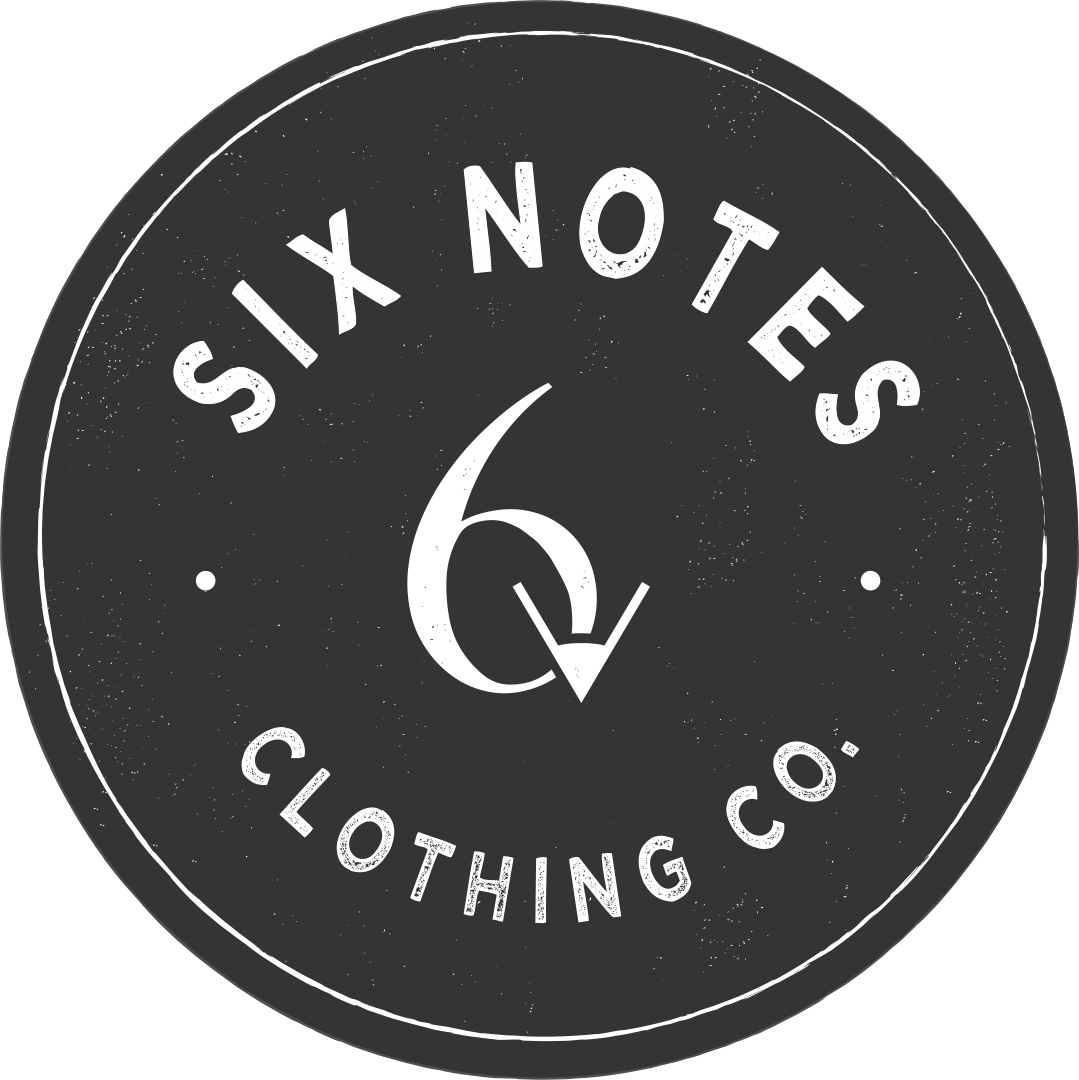Connecting Moses to Jesus
As I mentioned in the last post, I’m reading the She Read truth Easter study. They have listed many familiar passages for us to read in the reading plan. Passages I’ve read many times; however, I’ve taken this as a new challenge. I’m reading these passages with the intent to learn something new. Go beyond the 10,000 foot story, the main details, and dive in deeper.
This morning was the story of The Israelites and Aaron fashioning a false god, a golden calf while Moses was up on Mount Sinai with God.
Read Exodus 32
There were a couple words and phrases that really stuck out to me so I went searching for a deeper understanding.
1. ) In verse 30, Moses says to his people “you have committed a grave sin. Now I will go up to the Lord; perhaps I will be able to atone for your son.”
Atone for your sin. This is the phrase that got me questioning. What does this mean? How was Moses going to “atone” for their sin?
Moses already interceded for the people in Exodus 32:11-14. But he prayed again for them because now he saw the sin with his own eyes, and was struck with the depth of the people’s sin. Moses also learned on Mount Sinai that God’s penalty for idolatry was death. yikes!
Read Exodus 22:20 “He who sacrifices to any god, except to the Lord only, he shall be utterly destroyed.”
Moses was more aware than ever of the distance between the people and God, and sensed the urgency to intercede.
2.) “erase me from the book you have written.” In verse 32, Moses is before God asking for forgiveness on behalf of the Israelites. He is their mediator. He says, “Now if you would only forgive their sin, But if not, please erase me from the book have written.”
My questions: What book? and why erase?
The book is God’s story from Genesis on. The story God is writing from creation to the fall of man and winning back his people.
Erase? - Moses asked God to forgive Israel on the basis of his own sacrificial identification with the sinful people. If God would not forgive, Moses asked to be damned in sacrificial identification with his sinful people.
The commentary I’m reading uses that big word sacrificial identification. That word in and of itself confuses me but basically Moses asked God to forgive Israel on the basis of his own life. He would be the sacrifice needed to atone for their sin.
Moses felt that Israel had sinned so terribly that the blood of a goat or an ox couldn’t cover it; it had to be a man who suffered in their place. Therefore, he offered to be blotted out of God’s book, to be the sacrifice, if it could somehow rescue the people.
This is the mind-blowing part!! Follow me here. Moses is the mediator between God and the Israelites. The Israelites sinned and Moses went before God and said take my life instead. Let me be their sacrifice to atone, to forgive their sin. I’ll take the punishment. Put it all on me.
Sound familiar? Sure does. God said no to Moses yet we can say that God looked ahead to the sacrifice of One greater than Moses who would give Himself for the people, bringing full and complete atonement.
And that One is Jesus. And we will celebrate that selfless act in Just 2 weeks. The final sacrifice. Our true mediator.
3.) My last dive deeper area that I wanted further explanation on is not quite as “cool” but still truth revealing. Verse 33-35. Specifically, “ I will settle my account at and hold them accountable.”
Mostly wondering how did he settle and hold them accountable. What did that look like?
God agreed to spare the nation as a whole, but He reserved the right to judge individual sinners. The entire generation of adult Israelites would never enter the promise land. This is how he would settle the account and hold them accountable. This judgment had yet to be pronounced, but God knew it would happen.
The resource I used was the Blue Letter Bible to dive in deeper to a fuller understanding of this passage. It opened my eyes greatly, intrigued me to keep reading, and made the story come to life. I never knew Moses offered his life up for the Israelites. I never knew this story connected to the Easter story. The reality is, even if God said yes… Moses I will offer you as a sacrifice to cover the peoples sins, that’s all that it would truly do. Cover their sin. God knew the people needed something more. They needed the ultimate sacrifice. The sacrifice of His son, the only One who could forgive completely and offer new life. Not just a sacrifice to cover but a once and for all sacrifice that defeated death for all eternity and broke down the barrier between God and his people.
pin for later



